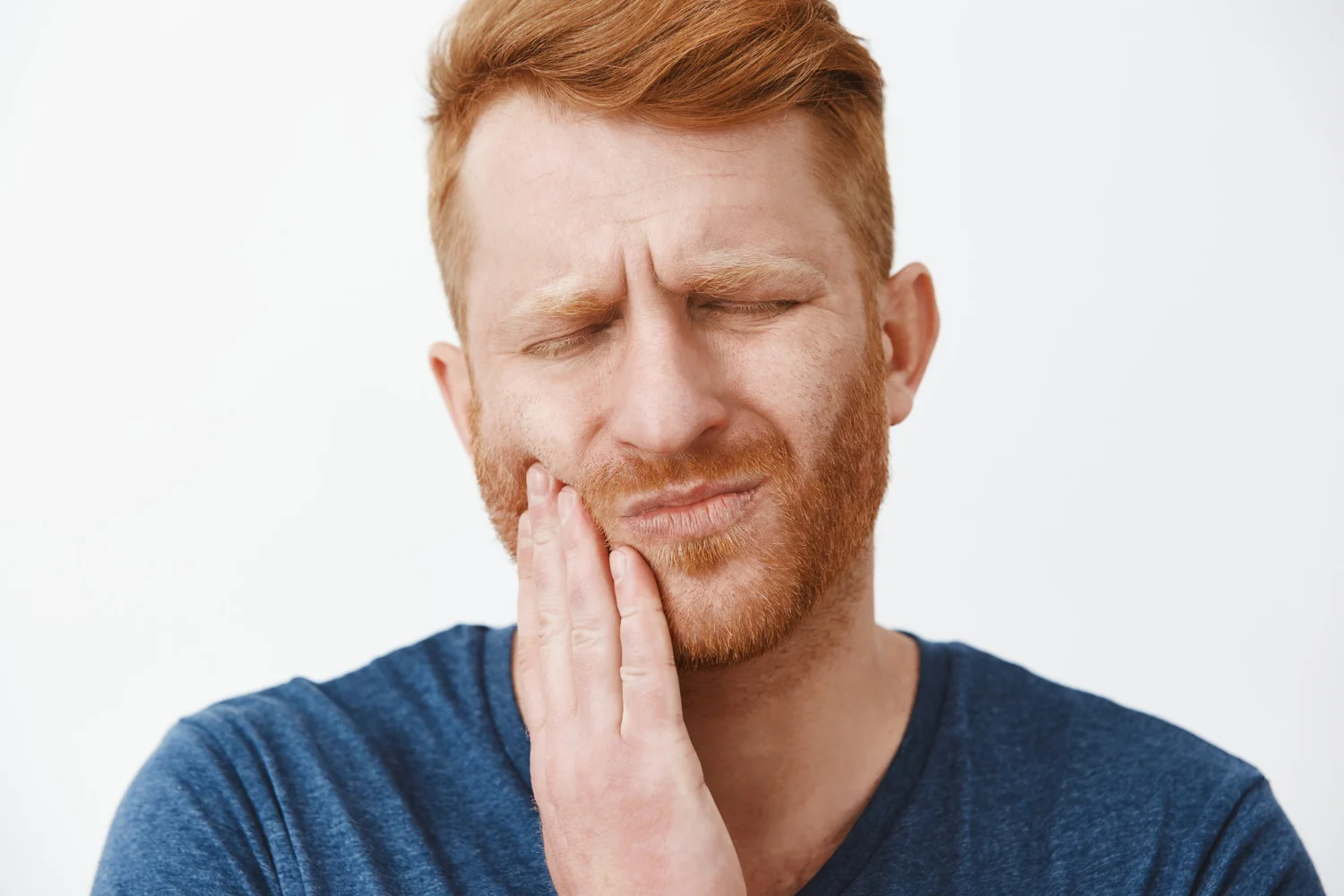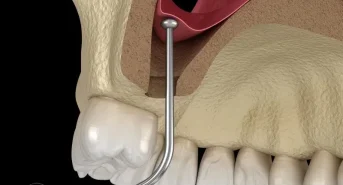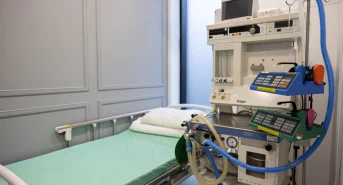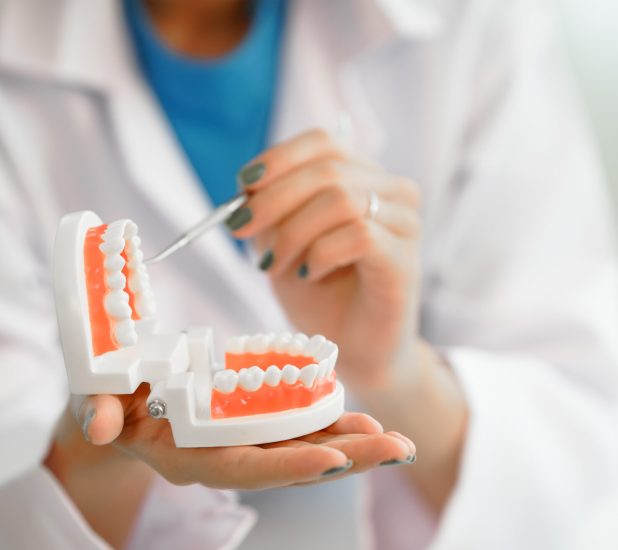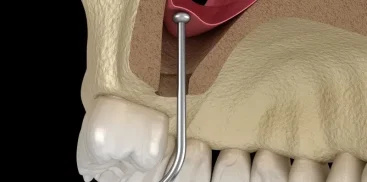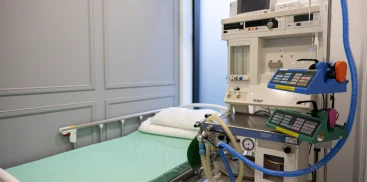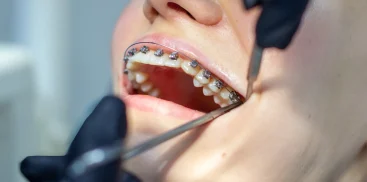The overwhelming fear of visiting the dentist is a thing of the past. Today, a nagging toothache means only a challenge to solve – quickly and painlessly. How to achieve this? We are talking to Dr. Urszula Leończak.
Toothache is a signal that cannot be ignored.In such a situation, an immediate visit to the dentist is necessary.Unfortunately, many people delay making this decision.This is a serious mistake.
In most cases, the symptoms will not go away on their own and the problem may only get worse.As explained by the doctor.dentist Urszula Leończak from Warsaw Dental Center, toothache may indicate various problems, such as caries, inflammation of the pulp or inflammation of periodontal tissues.
In the case of caries, it is enough to place a filling, but inflammation of the pulp requires root canal treatment.It is worth realizing that the earlier we decide to visit a dentist, the lower the scope of treatment and costs will be.
Nowadays, effective anesthesia is available that eliminates the pain and discomfort associated with dental procedures.It is not necessary for the dentist to know when we feel pain – on the contrary, a calm patient makes the doctor’s work easier.There is one exceptional case when pain is a signal to stop the treatment, namely during teeth whitening.In such a situation, the teeth indicate that the stimuli are unbearable and there is a risk of pulp damage.Then the whitening treatment should be stopped immediately, both in the office and using home trays.
The expert also emphasizes that teeth and periodontal tissues may react with pain to treatment, just like any other organ in the body.This phenomenon especially applies to the period after tooth extraction or root canal treatment, but it may also occur after the installation of a standard filling.In most cases, the pain gradually subsides after a few days.However, if it is long-lasting, you can take painkillers containing paracetamol or ib upprofen.If symptoms persist for longer than two weeks, it is worth consulting a doctor.
Pain is the body’s natural signal that something is wrong.In the case of teeth and gums, this may be a symptom of inflammation.In such a situation, the gums become particularly sensitive, especially when eating and brushing teeth.The most common cause of inflammation is the accumulation of tartar and plaque, so regular professional hygiene by a dental hygienist at least twice a year is crucial.
Symptoms of periodontal disease may also include gingival recession, i.e. receding gums, which may lead to exposure of the tooth root.In this case, the teeth become particularly sensitive to temperature changes and sweet and sour foods.To improve the situation, exposed tooth fragments can be covered with a gum graft, made of collagen material or taken from the patient’s palate.The full effect and appearance of the gums after such treatment is usually assessed after three months.
